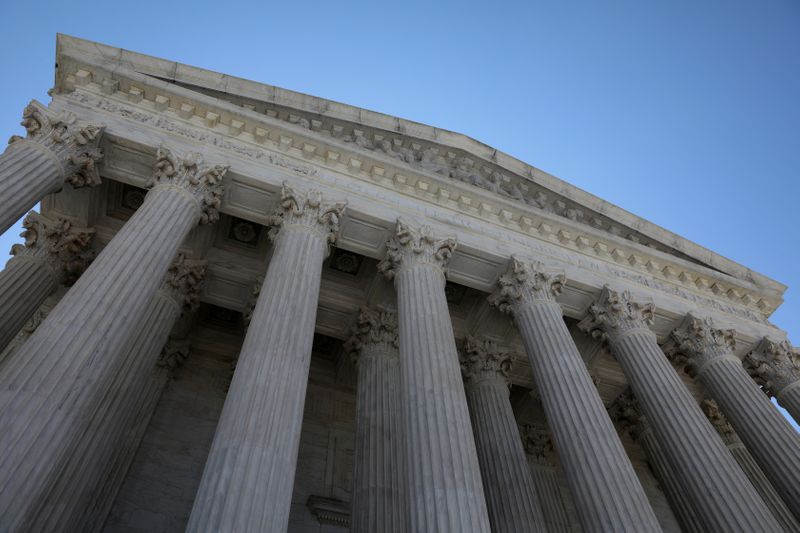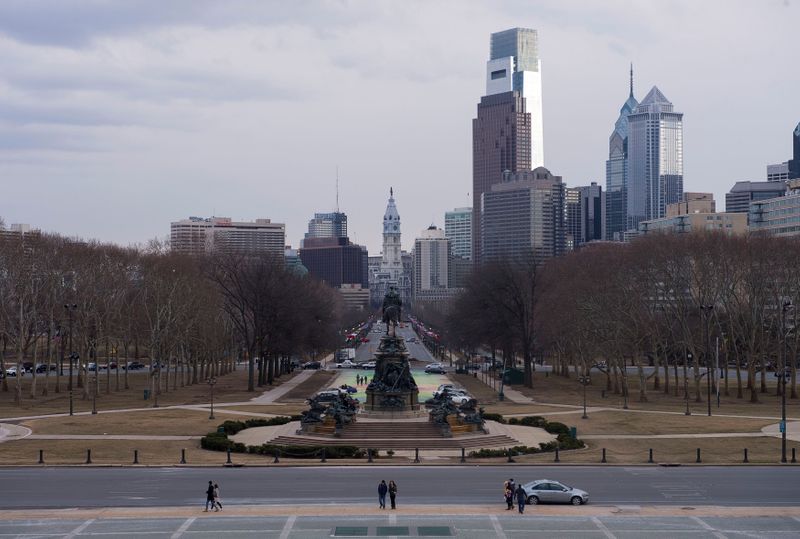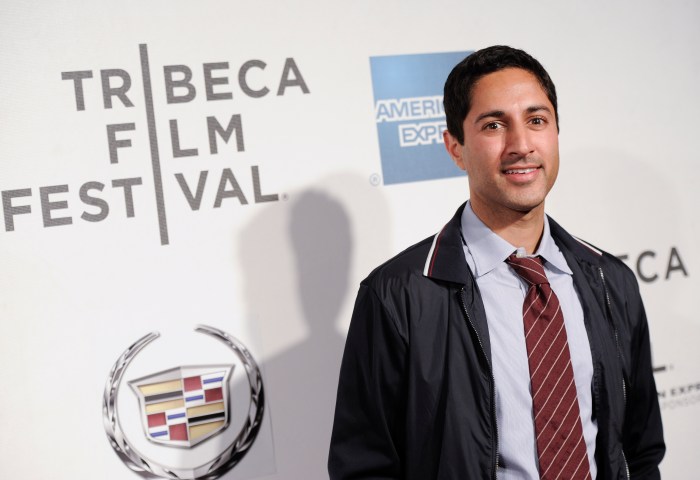WASHINGTON (Reuters) – In a case pitting LGBT rights against religious rights, the U.S. Supreme Court on Wednesday is set to hear arguments in a dispute over the city of Philadelphia’s refusal to place children for foster care with a Catholic Church-affiliated agency that excludes same-sex couples from serving as foster parents.
It will be the first major case to be heard by President Donald Trump’s conservative appointee Amy Coney Barrett, who was confirmed to the court last week and participated in oral arguments for the first time on Monday.
The nine justices will hear arguments in an appeal brought by Catholic Social Services, part of the Archdiocese of Philadelphia, which accused the city of violating the U.S. Constitution’s First Amendment rights of freedom of speech and religion.
A lower court ruled in 2018 that the city’s anti-discrimination measures were applied uniformly, meaning the Catholic organization’s religious rights were not violated and it was not entitled to an exemption.
Barrett, a devout Catholic, is a strong proponent of religious rights. The case provides her and the rest of the court’s new 6-3 conservative majority a new chance to recognize broader religious rights under the Constitution, building on other rulings in recent years in that vein.
During its term that ended in July, the court cemented its reputation as a friend to Christian conservatives with a trio of rulings embracing religious exemptions to certain federal laws and paving the way for public money to go to religious schools.
Catholic Social Services, which has helped provide foster care services for more than a century, has said it would be forced to close its foster care operations if it is unable to participate in Philadelphia’s program.
A ruling against Philadelphia could make it easier for people to cite religious beliefs when seeking exemptions from widely applicable laws such as anti-discrimination statutes.
“If individual organizations can begin to choose to discriminate against whom they want to serve, then it does begin to set an unfortunate precedent,” said Cynthia Figueroa, Philadelphia’s deputy mayor for children and families.
The Catholic agency was effectively seeking to rewrite a contract it voluntarily signed, Figueroa added.
Catholic Social Services said the city is penalizing it for its religious views and for following church teachings on marriage.
“Philadelphia demands that a religious agency, an arm of a church, speak and act according to Philadelphia’s beliefs. If it does not, Philadelphia will rid itself of the meddlesome agency,” Mark Rienzi, a lawyer with the Becket Fund for Religious Liberty, which represents the Catholic agency, said in court papers.
The Trump administration is backing the agency in the case.
As part of the case, Catholic Social Services is asking the court to overturn a 1990 Supreme Court ruling called Employment Division v. Smith, which was authored by the late Justice Antonin Scalia, Barrett’s conservative mentor.
That ruling limited the ability of people to seek exemptions from laws that apply to everyone. Congress subsequently enacted the Religious Freedom Restoration Act, which lets people bring religious claims against the federal government but not the states.
Even if the court does not go as far as to overturn the 1990 precedent, Catholic Social Services would like it to make it easier for religious entities to mount defenses when the government accuses them of violating certain types of laws.
Philadelphia in 2018 suspended foster care referrals to Catholic Social Services, which then sued alongside three foster parents.
U.S. District Judge Petrese Tucker and the Philadelphia-based 3rd U.S. Circuit Court of Appeals both ruled against the Catholic group.
Eleven of the 50 states currently allow private agencies to refuse to place children with same-sex couples, according to the Movement Advancement Project, a group backing gay rights.
The Supreme Court in recent years supported LGBT rights in a series of landmark rulings including one in 2015 legalizing same-sex marriage nationwide and one in June protecting gay and transgender employees from workplace discrimination.
(Reporting by Lawrence Hurley in Washington and Andrew Chung in New York; Editing by Will Dunham)
















